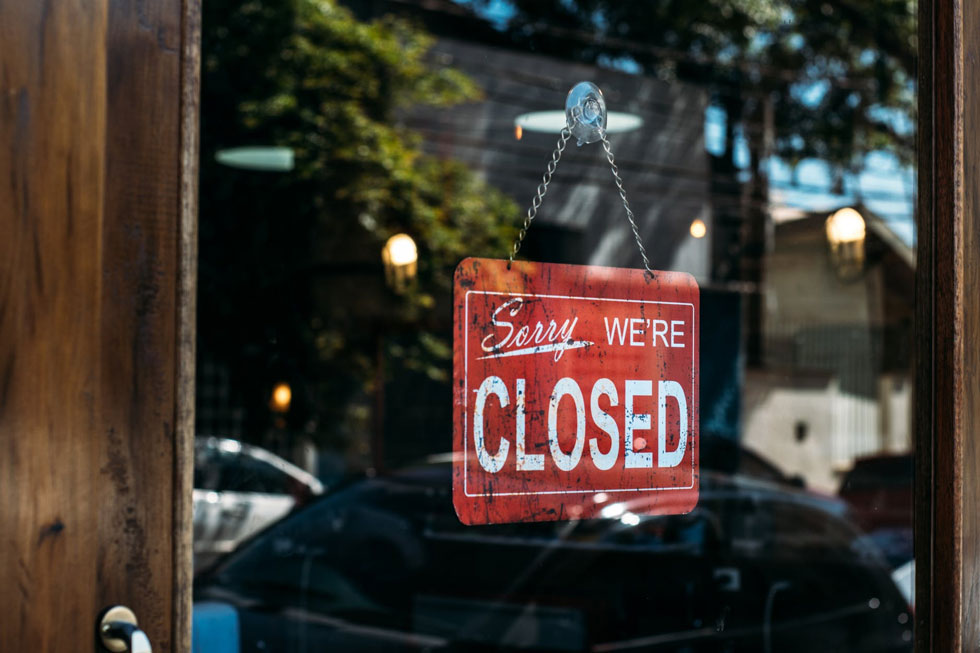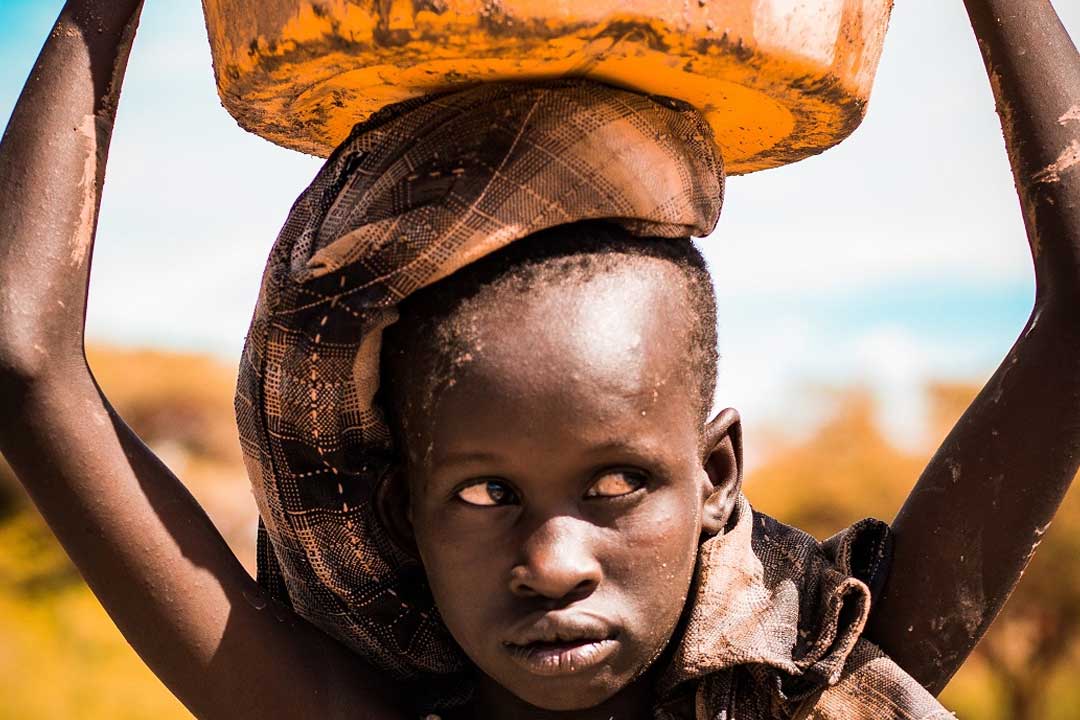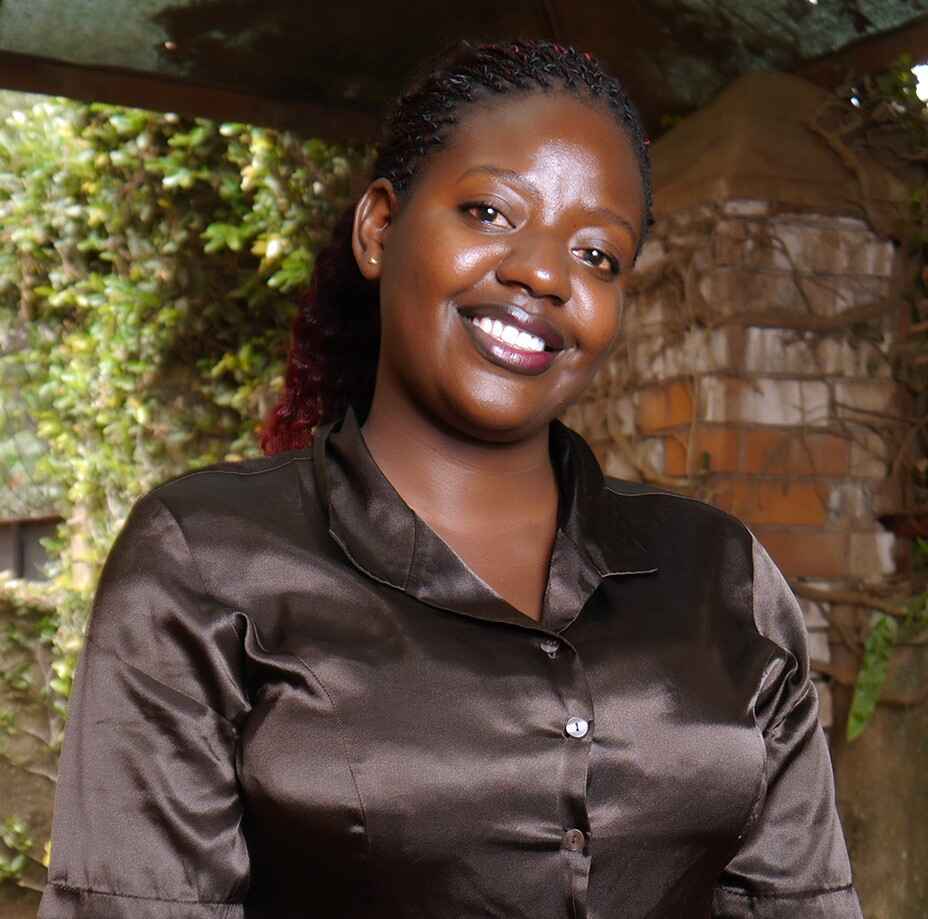
Platform for Labour Action (PLA) is a National Civil Society Organization that was founded in the year 2000. PLA is focused on promoting and protecting the rights of vulnerable and marginalized workers through empowerment of communities and individuals in Uganda.
21,463
Lives impacted
22
years of service
Our impact; stories of change
- Details
- Category: Blog
Make Social Protection accessible in the informal sector
Betty Iyamuremye
As the world prepares to commemorate the World Women’s Day 2019, under the theme “Empowering women through innovative approaches to social protection; a prerequisite for inclusive and sustainable development”, it critical to note that the labour force in the informal sector stands at 90%, according to the Uganda National Household Survey, 2016/17 in Uganda.

- Details
- Category: Blog
As the world prepares to commemorate the International Labour Day tomorrow (May 1), several workers around the world are distraught and traumatised by socio-economic menace that Covid-19 pandemic is leaving in its wake.
And more than ever before, the Covid-19’s depressing effects have ignited a serious parallel global debate as to whether or not employers and employees will survive the major crisis and if yes, what major steps could be implored to cut costs during the struggle to meet employees’ financial and statutory obligations.
According to the initial assessment of the impact of Covid-19 by the International Labour Orgnisation, on the global world of work, the effects will be far reaching pushing almost 25 million people out of employment, underemployment and working poverty unless a decisive, coordinated and immediate response is adopted globally.
Unfortunately for many companies world over, laying off workers during a crisis like this has proved the most convenient way stereotypically geared towards the ‘cost cutting reflex’. And indeed, this would be understandable bearing in mind the effects of Covid-19 on the wider economies; however, the spirit and the methods with which the employees are laid off defeats its purpose and further burdens and marginalises the already distressed employees, especially in these turbulent times.
While we are cognizant that certain groups of employees have been disproportionately affected by the current job crisis, majority of the workers in Uganda that are headed for tougher times predominantly include those in less protected and low paid jobs – particularly the young and the elderly, the sick, women as well as the migrant workers.
This, therefore, calls for pragmatic strategies by both the employers and the government that emphasise what needs to be prioritised while interrogating other options to reduce costs such as working half-time, unpaid leave agreeable by employees, halting bonuses, bans on overtime, and other cost cutting measures that may deem fit.
This, in turn, would not only make termination of contracts as a last option but also ensure that many employees are not left to a second- or third-guess on what lies ahead of them – and instead, appreciate the current financial health of their firm, factory, or organisation.
According to the Organisation for Economic Cooperation and Development, the global economic growth rate is expected to drop to 1.6 percent from the 2.9 per cent that was recorded in 2019 as a result of the economic effects of the Covid-19.
This is mainly due to the demand and supply shock across the globe that has seen many advanced economies, including the US and China, register negative growth because of suspension of economic activity as well as making workers stay at home in order to contain the virus.
Whereas Uganda’s macroeconomic outlook for the current Financial Year 2019/20 and medium term had been projected to grow by 6.3 per cent, this is very unlikely due to the widespread economic effects arising from the
Covid-19 pandemic and the drastic measures adopted globally and domestically to curb the crisis.
The Ministry of Finance Planning and Economic Development recently disclosed that Uganda’s growth projections for the financial year ending June 2020 had been revised downward from 6-5 percent, with imports expected to decline by 44 percent over the next months to June 2020. This may push a number of Ugandans below the poverty line by 780,000 in the best-case scenario or 2.5 million in the worst-case scenario.
Suffice to note that some of the preventative measures to the COVID-19 by the Government of Uganda have also systematically affected the world of work in both the public and private sector. Literally, apart from the essential staff in the essential service sectors, majority of the workers have been sent home indefinitely while others are under strict guidelines to work from home amidst a lot of uncertainty as to whether their jobs were guaranteed after the crisis or not.
And yet, there are those women and men with stringent instructions to remain at their workplaces through the night in order to observe curfew schedules. These and more have grossly continued to violate some of the workers’ rights across the divide.
As Guy Ryder, director-general of the International Labour Organisation, said; “this is no longer only a global health crisis, it is also a major labour market and economic crisis that is having a huge impact on people.”
The much needed response to the Covid-19 in the labour sector globally must particularly enforce social dialogue capable of facilitating social protection, supporting employment retention (short-time work, paid leave, and others subsidies) and financial tax relief, including micro and small medium-sized enterprises.
The crisis we are in and the projected worse times ahead also call for more fiscal and monetary policy measures to support the specific economic sectors.
And while Ugandans live under the lockdown for unspecified period of time during the pandemic, they ought to look out for where and who to anchor their hope for survival as the world continues to wrestle down the socio-economic effects of this invisible enemy.
- Details
- Category: Blog
Rape figuratively refers to the sexual intercourse that is non-consensual (not agreed upon), or the act of forcing another person to have sex against their will and/or consent. While the names, times and contexts may differ, men, boys, women and girls of the different age divide across the world experience rape. This despondently happens in both the peaceful and violent settings and is overtly executed by strangers, friends and sometimes family members.
And whereas rape is shunned, unacceptable and regarded as one of the felony offences (those among the most serious crimes committed), multiple studies show that the media as well as the general public universally have continued to consciously or subconsciously sexualize it.
Could it be because it is the women who mostly fall victim to this brutal and undeservedly behavior or are the statistics of the reported cases further marginalized by the fact that most of the victims are closest and dear to the Mother Nature.
As the world prepares to commemorate the 16 Days of Activism against Gender-Based Violence, from 25 November to 10 December 2019, under the global theme, Ending GBV in the World of Work” Ugandans should explore practical means to fight this silent epidemic with the contempt it deserves.
According to the recent Uganda Police Force’s Annual Crime Report, Gender-Based violence cases that were reported and investigated increased by 4% (from 38,651 to 40,258 cases) between 2015 and 2016.
In addition, the Uganda Demographic and Health Survey 2016 revealed that up to 22% of women aged 15 to 49 in the country had experienced some form of sexual violence. Also the report further revealed that each year, 13% of women aged between 15 to 49 experience sexual violence. This translates to more than 1 million women exposed to sexual violence annually which also includes rape. Furthermore, the phenomenon of the children having sex with fellow children has also not been addressed and yet it predisposes many of these them to diseases, early marriages and deaths, threatening their development opportunities.
However, what ought to be of concern as Ugandans should not be limited to the above statistics that solitary reflectthe authoritatively reported and investigatedcases but instead our attention to detail should be directed to the countless cases and the scores of victims that are either shy away or are intimidated against reporting their predicament of this shameful act. How about the cost and the permanent socialand the psychologicaleffects to the victims that interface with this ugly act?
And this should also be in cognizant of the fact that as much as the country has some laws in place such as the Penal Code (Amendment) Act 2007, the Domestic Violence Act 2010, to deal with the perpetrators, their enforcement has been to less fruition and sometimes that have failed to primarily address the key aspects of violence against women, later on its adverse effects and yet corroboration of evidence in these matters has also remained futile over the years.
In the recent past, the few times the debate to criminalize rape made its way through the public domain or on the floor of Parliament, the women have ended up being victimized and the debates habitually soiled with multiple accusations and all sorts of allegations of the subtle intentions of the women to deny their male counterparts sex, as if the denial is only the preserve of the men.
The debate on the Marriage and Divorce Bill, 2009 was also prematurely halted in the 9th Parliament in a bid to avert the negative stigma it had attracted and yet the Bill only seeks to consolidate the laws relating to the celebration and dissolution of marriage in Uganda. But the fact that the Bill also sought to address issues to do with marital rape, it has ended up where it is today due to the apprehensive rhetoric that was developed against it mostly by our male counterparts.
Another Bill that has failed to see the light of day; including having been thrown out of business to follow in the 10th Parliament is the Sexual Offences Bill 2019, formerly, tabled in 2013. Like the latter, this Bill also seeks to consolidate all laws related to the sex offences. However, since it carries provisions that relate to rape, aggravated defilement, sexual harassment among other issues, this Bill has also faced similar and untimely demonization which is atypical whenever any debate related to rape and defilement comes about in this country.
Should we continue to hide our heads in the sand and remain subtle and devoid of the fact that rape is committed in our homes, workplaces, places of worship and in the unthinkable places or shouldn’t we stand out and fight to see to it that this ‘big elephant’ ; is and condemned and fought with bare knuckles? This is over to you my fellow activists, duty bearers and the government of Uganda.
The writer is Betty Iyamuremye-Communications Officer-Platform for Labour Action
Latest from our blog









